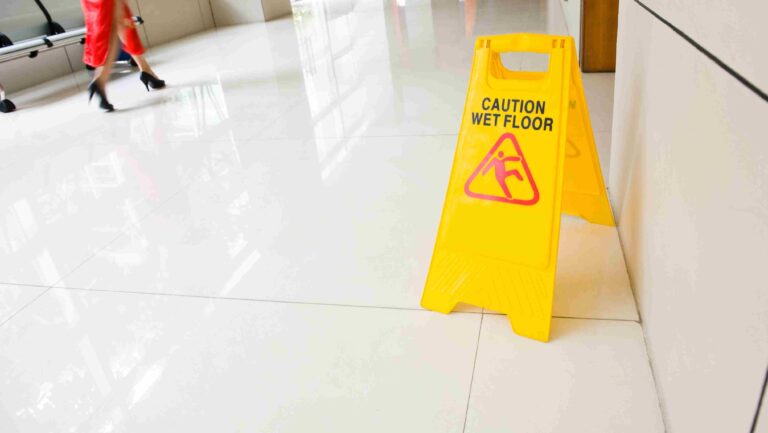Traffic laws are not always clear. In fact, they can be downright confusing at times. Although Texans know to stop at a red light and to yield for a left turn, other rules are not so clear. For example, what rules apply when you are in a parking lot?
If you have been involved in an accident in a parking lot in Texas, you are probably wondering how fault will be determined in your case. The answer depends on a number of factors.
First, those in parking spots must yield to oncoming traffic. These drivers do not have the right of way. This applies to private parking lots used by businesses, as well as public spots used by cities and municipalities.
If an individual is backing out of a parking spot and hits another vehicle, it is likely that the driver leaving the parking spot will be declared at fault. Those on the main thoroughfares in parking lots have the right of way. Drivers in parking spots must wait until traffic is clear before backing out of their spot.
What if two cars that are backing out of parking spots across from each other collide? This situation is a little more complicated. Depending on the facts of the case, a single driver may be found liable, or both drivers may share liability.
To assist with determining fault in your case, it is best to hire an experienced Texas car accident attorney as soon as possible. These attorneys study accident reports, photographs, and other types of evidence to identify all responsible parties and hold them accountable for your injuries.
The Elements of a Motor Vehicle Accident Claim
Traffic accident claims are a type of negligence claim. In a negligence claim, injured victims must show:
- The at-fault party owed the victim a duty;
- The duty was breached because the at-fault party was negligent; and
- The at-fault party’s negligence was the direct cause of the victim’s damages.
All drivers have a duty to operate their vehicles in a safe and reasonable manner. Being safe and reasonable includes following traffic laws.
If an individual backed out of a parking spot and hit your vehicle, causing your damages, you may be entitled to compensation. Such an individual would not have had the right of way, and failing to yield the right of way is a type of negligence in a car accident case.
Depending on the facts of your case, you could be entitled to a large sum of damages. Your damages could include:
- Medical expenses, including emergency room bills, surgery bills, and ambulance bills
- The cost of future medical care that may be necessary, such as physical therapy and additional surgeries
- Lost wages, if you were forced to miss time from work to recover from your injuries
- Loss of earning capacity, if you were forced to take a lower-paying position than the one you held before your accident
- Loss of employment benefits, such as health insurance
- Pain and suffering, which compensates a victim for the physical pain that has been suffered as a result of the accident
- Emotional distress, if you have suffered from anxiety, depression, or other psychological conditions since the accident
- Property damage to your vehicle
Other damages may also be available. Your Texas personal injury attorney will identify all available damages in your claim and will ensure that proper evidence is submitted to improve your chances of prevailing.
How Long Do I Have to File a Claim?
For every type of legal case, there is a statute of limitations that sets a deadline by which a claim must be filed. If a claimant misses this deadline, the claimant may forever lose the right to file a claim to recover damages.
In Texas, there is a two-year statute of limitations for motor vehicle accident claims. This means that you have two years from the date of your accident to file a claim. However, the sooner you file your claim, the better.
If You Were Injured, Call Patterson Law Group Today
The attorneys at Patterson Law Group have years of experience in all types of car accident claims. We offer a free consultation so that you may learn about your legal options, as well as the services we provide at our firm. To schedule your free consultation, contact us at 817-784-2000.





